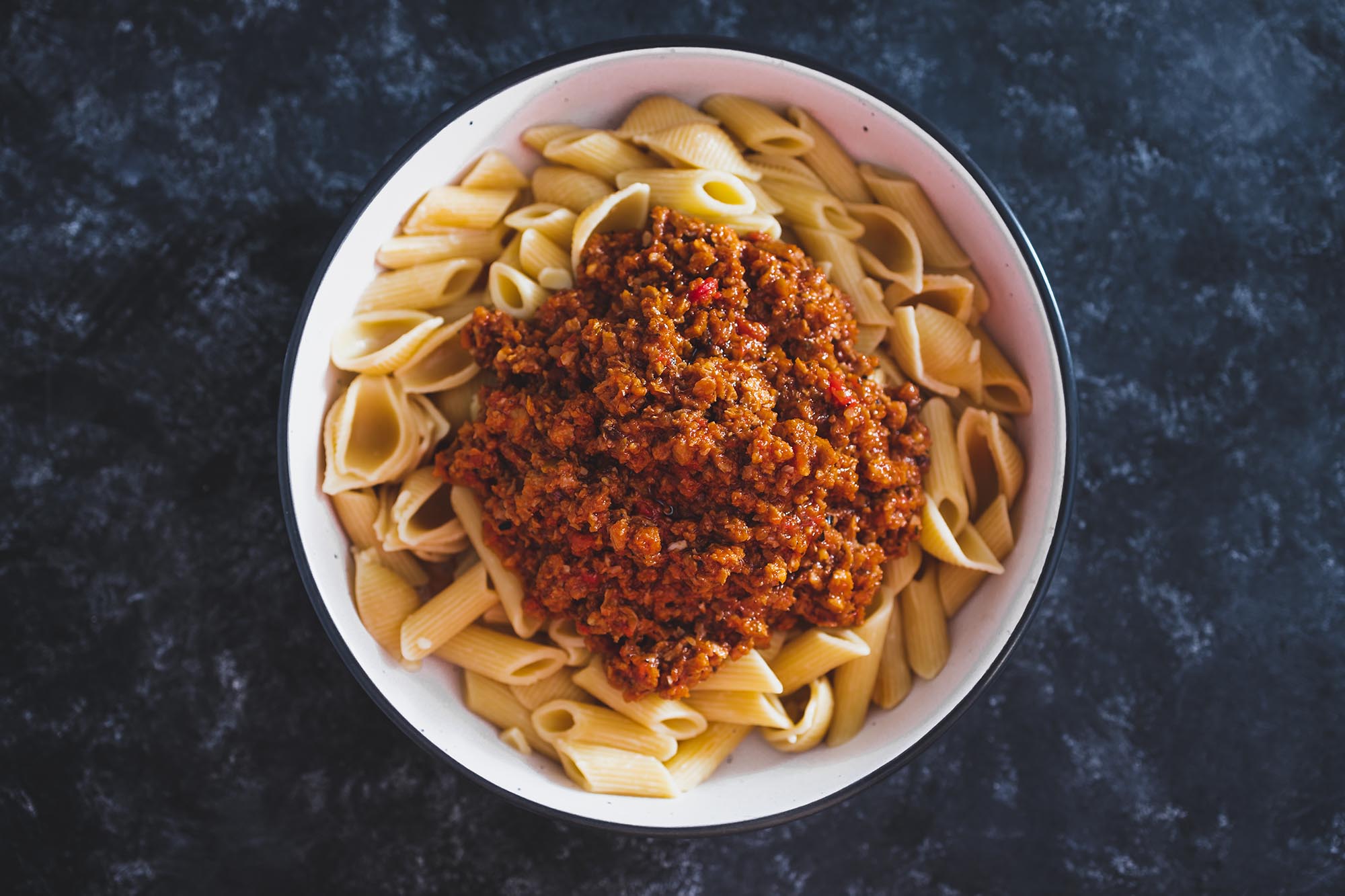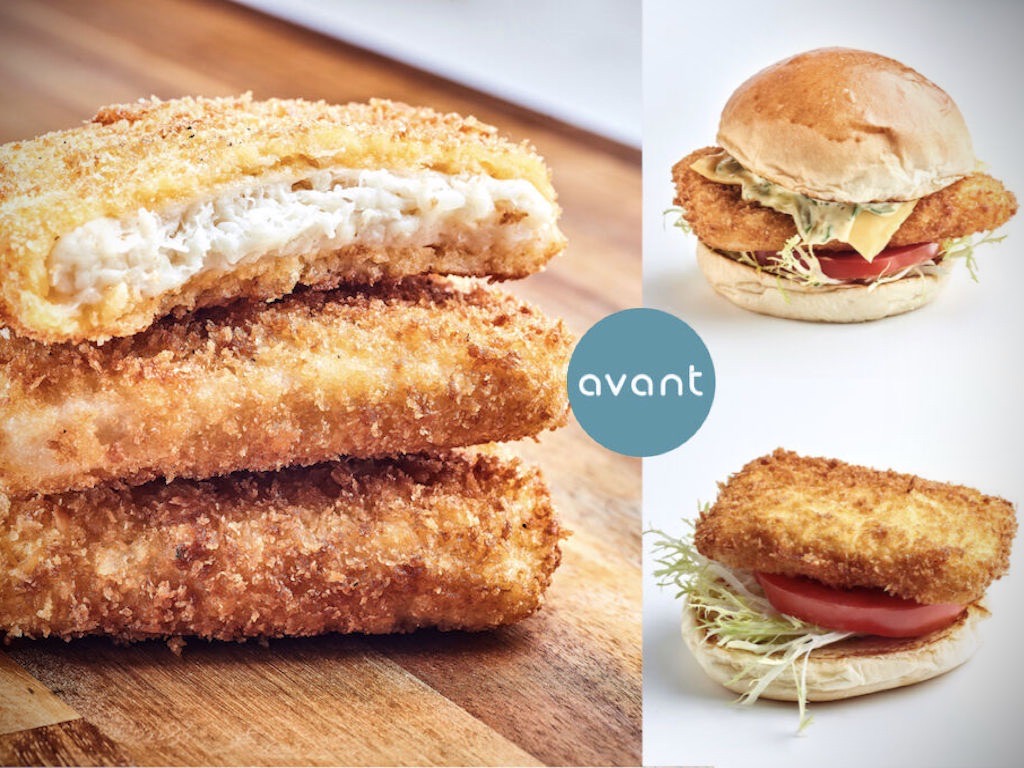

Private-label boom fuels plant-based growth in France, Germany, Italy and Spain
More affordable private-label products are driving strong growth in plant-based retail sales across four key European markets, according to new analysis by The Good Food Institute Europe. Based on previously unpublished Circana retail data, the nonprofit think tank found that between 2022 and 2024, own-brand items significantly boosted overall sales volumes in France, Germany, Italy and Spain – offsetting declines in some branded segments and helping to bring plant-based products closer to the mainstream.
The report reveals that affordability is enabling more households to try plant-based alternatives. NIQ Homescan household data show that in 2024, 46% of households in Spain, 37% in Germany and 32% in the UK purchased plant-based milk at least once. Plant-based meat was also widely trialed, with more than a fifth of households in Spain and nearly a third in Germany and the UK making at least one purchase during the year.
In Spain, plant-based milk accounted for nearly 10% of all milk sold last year, while in Germany, private-label versions helped narrow the price gap between plant-based and conventional dairy. Across all four countries, own-brand offerings saw double-digit volume growth – well outpacing branded products.
Germany, the largest plant-based market in Europe, saw private-label volume jump by 41.4% while branded options fell 8.3%. This helped the overall market for six plant-based categories grow by 6.8% to €1.68 billion (approximately US$1.80 billion). In France, the pattern was similar, with private-label products up 21.6% and branded items down 1.2%, driving a 20.5% rise in the total market to €537 million (approximately US$574 million).
Italy saw private-label volume grow 17.4%, in contrast to a 1.5% drop for branded goods. That pushed the plant-based category up 16.4% to €639 million (approximately US$683 million). In Spain, where private-label sales rose 32.3%, the plant-based market climbed 14.4% to €491 million (approximately US$525 million).
While overall plant-based retail sales declined in the Netherlands, some subcategories proved more resilient. Affordable, versatile formats such as mince and strips – which can be easily integrated into familiar meals – maintained stronger sales.
In the UK, the dynamic was different. Cheaper private-label products underperformed, while more premium, innovative plant-based meat brands held their ground. UK consumers purchased 35.8 million kilograms of plant-based meat in 2024 – far outpacing the 11.9 million kilograms sold of vegetable-based products like tofu, tempeh, seitan, and bean burgers. This suggests that meat-mimicking products still dominate consumer preferences in more mature markets.
The GFI Europe analysis also notes that branded products remain important drivers of growth in smaller categories such as plant-based cheese and seafood, where taste and perceived quality can outweigh price.
Helen Breewood, Senior Market and Consumer Insights Manager at GFI Europe, said the latest figures show a resilient and evolving market. “These foods are becoming ever more mainstream as retailers invest in more affordable products,” she said. “However, the ongoing success of more expensive products in some categories shows that price is not the only factor. There is a huge potential market for sustainable and healthy plant-based foods, and companies have a real opportunity to reach more people by developing tastier, nutritious and affordable products that can fit into their lifestyles.”
If you have any questions or would like to get in touch with us, please email info@futureofproteinproduction.com

.png)






